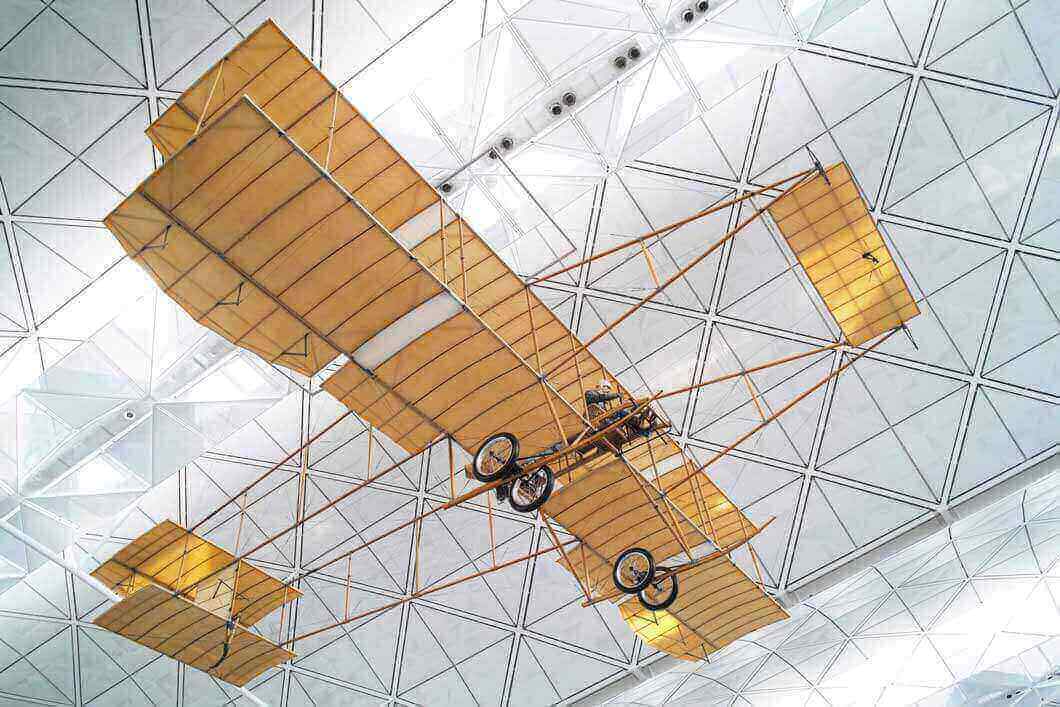FACC develops innovative testing robotics
21.08.2018
With the research project "Spirit", FACC is taking a decisive step forward in the development of testing robotics.
As one of the world's leading technology groups, FACC also focuses on the continuous development of technologies alongside innovative aircraft components and systems. The company has now been selected as a partner within the scope of a EU research project.
"SPIRIT - A software framework for the efficient setup of industrial inspection robots" is a research project of the European Union led by international scientific and industrial partners from Austria, Germany and Italy. A new generation of testing robots which is to be used for a wide variety of testing tasks without programming effort is currently being developed.

The main challenge of robots in use today is that the testing of new components or complex shapes requires path of robot-arm motion to be programmed. . This inspection is carried out by specialists and is highly time-consuming.
The aim of the "SPIRIT" research project is to shift this task from the programming level to simple configuration, thereby ensuring permanent storage.
The goal is to replace existing robot programming with a simple configuration of the inspection task. With its extensive experience in the industrialization of innovative solutions, FACC plans to directly integrate the results of this project into the production workflow.
Helmuth Höller, director of the NDT division at FACC
The focus is on developing a "universal inspection machine"
This new software is intended to further advance the development of inspection robots, which will be able to handle a variety of tasks such as switching between different inspection technologies, testing new parts and much more besides. All that the inspection robot will need is a CAD model of the component along with the CAD model of the work cell – to avoid collisions. Upon providing this information and selecting the inspection technique, it will automatically generate an inspection program for the particular task at hand.
Multiple benefits for FACC and other industry partners
During the demonstration phase, the test robot will be used to inspect a winglet by means of X-ray radiography. The technical inspection process will then switch to a second technique, i.e. active thermography, and configure the inspection with the new technique. In this way, relevant areas can subsequently be subjected to a fast test, thereby considerably speeding up the inspection process.
In addition to testing, the newly developed inspection robots will able to optimize the inspection process in real time. In case of unknown deformations which may not be accurately represented in the CAD model, slight mispositions of components or X-ray inspections where the sensor needs to be adjusted to the orientation of the honeycomb core in a composite part, the required optimization will be performed during ongoing operation.
The successful development offers numerous benefits:
- Increased efficiency by replacing task programming with task configuration
- A more detailed description of possible deviations
- Optimized feedback to the planning and construction teams to allow for possible adjustments
Reduction of additional costs
With the major Airbus orders and the alliance within the AVIC Group, these are truly exciting times. And, on top of that, the three-year research project in the field of industrial inspection robots. Here we can once again score as one of the leading technology groups.
Robert Machtlinger, CEO of FACC











